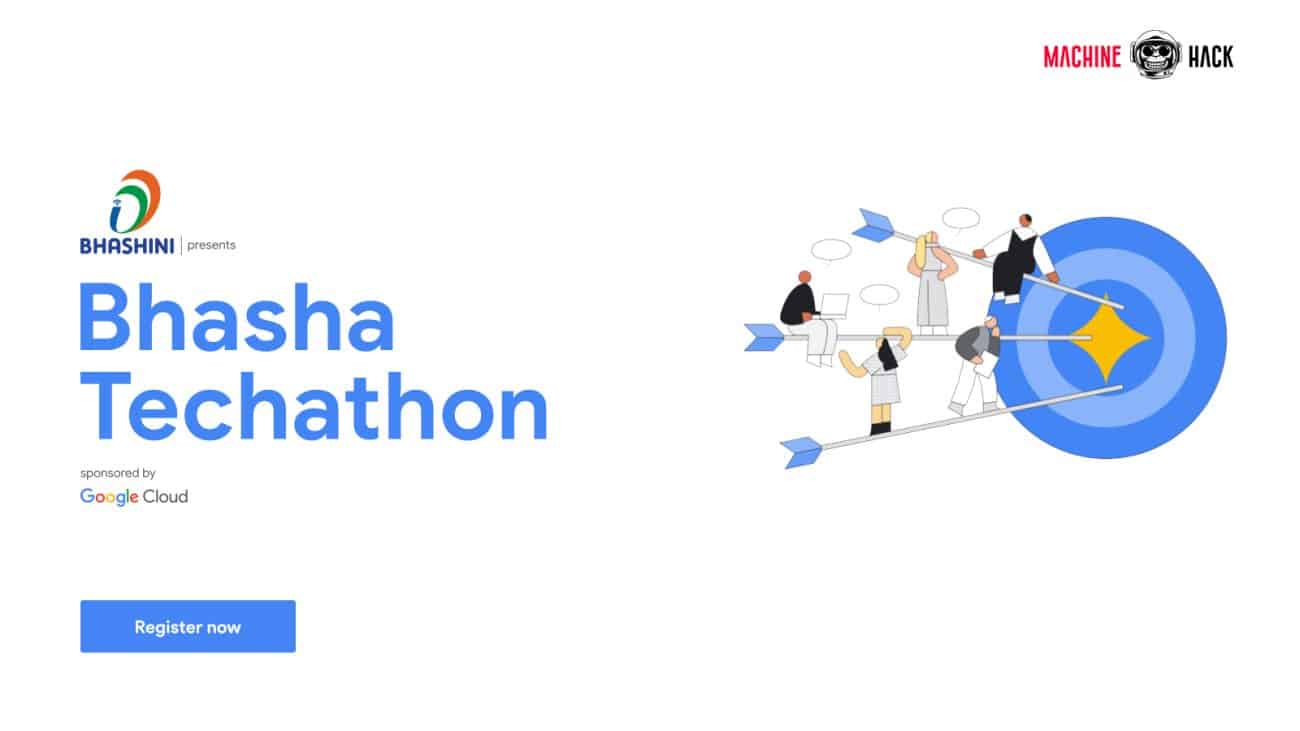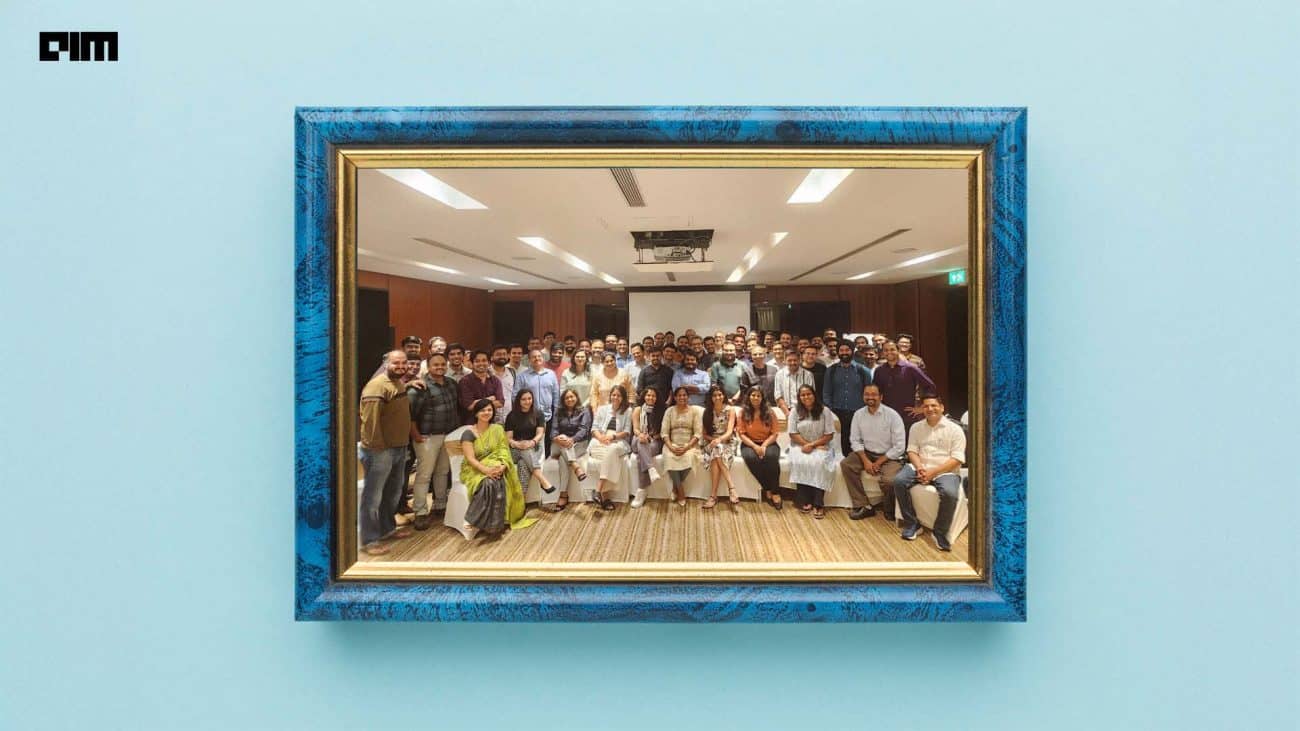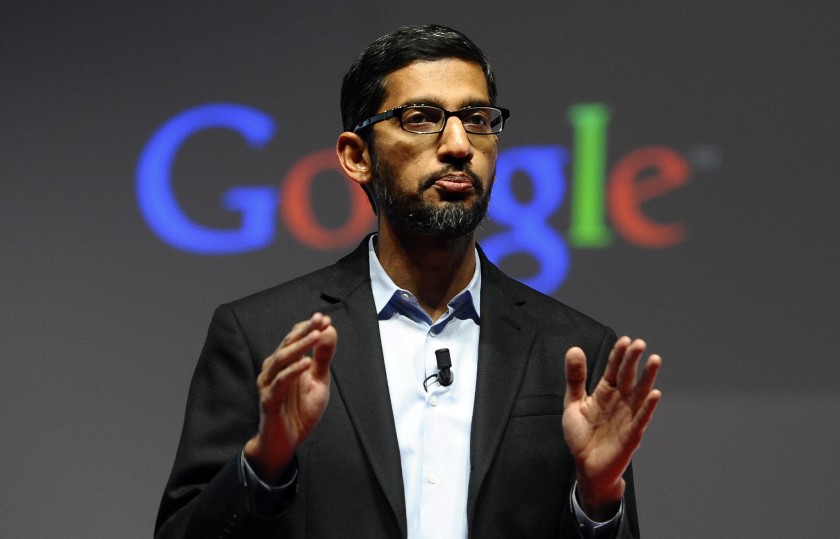|
Listen to this story
|
After Google, the online video communication platform Zoom is the latest tech company to update their privacy policy about collecting user data to train AI models.
“There is no opt-out for paid customers, doctors, therapists, lawyers, or others who routinely need to discuss confidential matters. I’ve had a paid subscription for six years; I just cancelled it, and I recommend that you and your employer cancel yours until Zoom backs down,” said Greg Wilson, Senior Software Engineering Manager at Deep Genomics, in a LinkedIn post.
Although Wilson quickly rectified that Zoom has a special license for healthcare with a different privacy policy and price. But this special license doesn’t seem to apply to people like lawyers, religious leaders, or staff at family shelters. Users find this to be a huge breach of privacy.
Read more: When Google Thinks It Owns the Internet
Taking Google’s Lead
As per the new policy, Zoom has complete control over the data generated during Zoom calls. They can change, share, and use this data however they want, following the law and it will be used to train their AI models.
In the updated terms, Zoom can also do a lot of things with the stuff you share on their platform. They can use, change, show, and distribute it around the world forever, without paying you, and even let others do the same.
Furthermore, according to the revised terms in section 10.4, Zoom has acquired an enduring and global license that allows them to freely distribute, publish, access, utilize, store, transmit, examine, reveal, safeguard, extract, alter, reproduce, share, display, copy, distribute, translate, transcribe, generate new versions, and handle Customer Content. This license is non-exclusive, meaning others can also use the content, and it can be sublicensed or transferred to others.
The viral post also saw a response from Aparna Bawa, chief operating officer at Zoom that the purpose of clause 10.2 is to ensure transparency regarding data usage, aiming to improve the user experience. This involves analysing customer usage patterns, such as peak times in specific time zones, to optimize data center load balancing.
Regarding customer content and generative AI, Bawa clarifies that it involves a distinct approach. New generative AI features, such as team chat composition and meeting summary, are available for free trial. Customers have the choice to activate these features and independently decide whether to share their customer content with Zoom to aid product enhancement. This is an opt-in process, and participants are informed within meetings or chat pop-ups when these AI features are enabled via the user interface.
However, several users have raised concerns about transparency and compliance with privacy regulations. It is important to have clearer communication to address worries about AI model training from recorded meetings, while another user questions the use of meetings and webinars for AI training, even without cloud recording. Legal aspects come into play as one person asks about the legally binding nature of a response compared to broader terms. Others emphasise the necessity of GDPR consent and specify concerns related to data usage.
Latest Update
However, amid the backlash, Zoom reached out to us with updates on the blog post. “We’ve updated our terms of service [explore.zoom.us] (in section 10.4) to further confirm that we will not use audio, video, or chat customer content to train our artificial intelligence models without your consent,” read the latest updated blog post.

A month ago, Google updated its privacy policy to permit the collection of publicly available data for training AI models, potentially strengthening its products like Bard and Cloud AI. However, this move raises worries about tech giants monopolizing the internet and the erosion of its open nature. This change in policy echoes concerns about OpenAI’s practices, inviting regulatory scrutiny.
Read more: Google’s Privacy Policy Isn’t Enough to Protect It from OpenAI’s Nightmares
[Updated: 9:42 am, August 9th, 2023] The news has been updated to reflect Zoom’s latest updates of the privacy policy.














































































